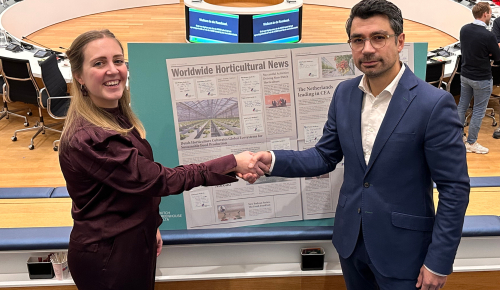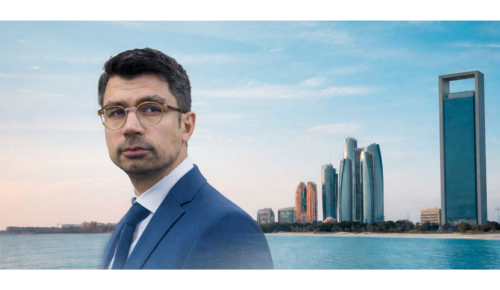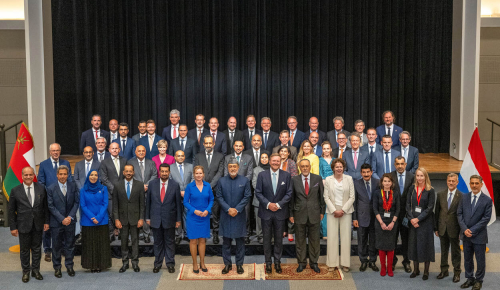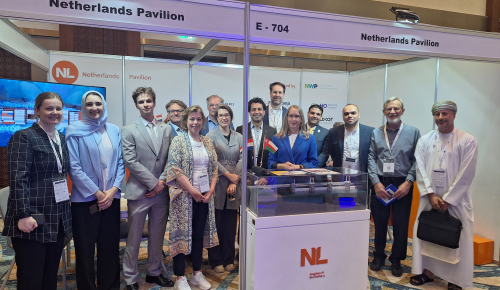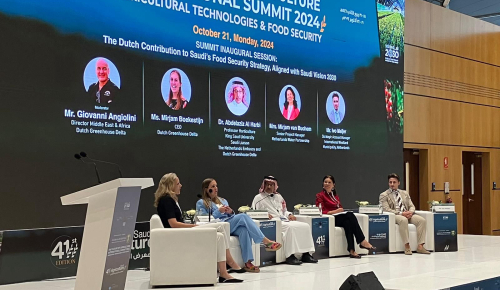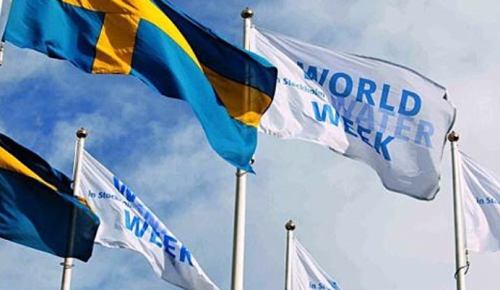Impact story
26 March 2020Consortium of NWP members improves watershed management in Virunga
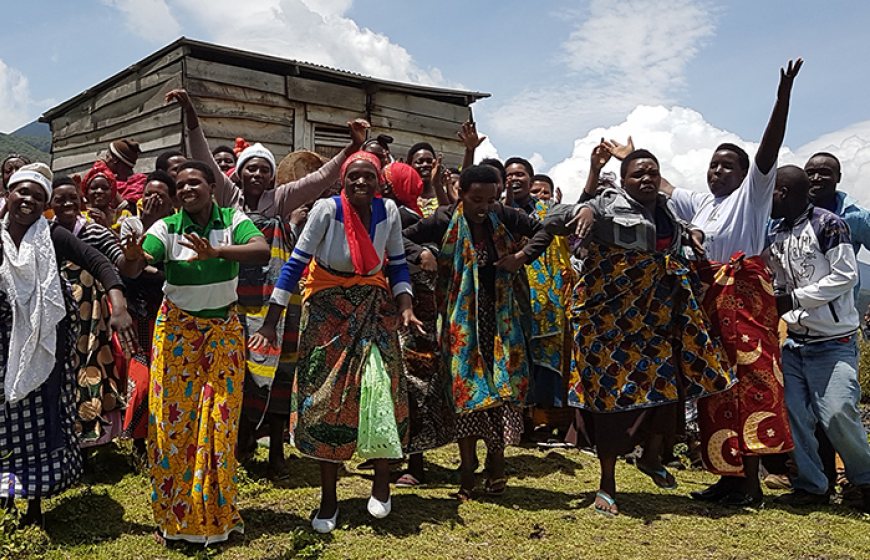
Partnering in multi-expert teams pays off, especially in complex and challenging circumstances. This is proven in the EUR 14 million Water4Virungas project in the Great Lakes region, a transboundary volcanic territory lying between the Democratic Republic of the Congo, Rwanda and Uganda. The project, funded by the Dutch Embassy in Rwanda, is implemented by NWP members MDF Training & Consultancy, Wageningen University and Research (WUR) and Witteveen+Bos in collaboration with the International Gorilla Conservation Programme (IGCP). MDF’s Herman Snelder and James Sablerolles review the project with us and call on the Dutch water sector to join forces.
The challenge and the approach
Virunga is a complex region with frequent multi-level conflicts brought about by decades of civil unrest, conflict, and instability. The availability of water is only one of the causes of conflict. The goal of the organisations involved in this project is to “contribute to reducing the tensions in the region through increasing access to water and improving local watershed management”, explains Herman, one of MDF’s owners. To achieve this goal, the consortium of private and public Dutch partners has adopted a multi-stakeholder approach. “Basically, everything we do is about helping people understand other people in complex situations. We try to get them to figure out how to work together as a team, with everyone on the same page, to co-create something new,” adds James, Business Development Manager.
Sum of knowledge
This consortium is formed by organisations in different areas of work. When brought together, their diverse fields of knowledge mean that they can deliver technical and non-technical expertise for complex water projects. Herman explains that “access to drinking water and integrated water resource management (IWRM) can help build more peaceful, healthy and economically stable communities”. This is what this international partnership is delivering. Witteveen+Bos contributes the technical water expertise and WUR contributes knowledge on IWRM and conflict transformation. IGCP contributes knowledge of the region and is in touch with local communities during the project. MDF’s strength lies in managing complex projects like this one, organising local stakeholders and governance of water utilities. “Together, we have a firm foundation on which to achieve sustainable social impact,” says Herman.
Project results
“Our integrated approach enabled us to construct and rehabilitate over 241 communal and household water harvesting tanks in the three countries, and another 450 are in the planning in Rwanda,” continues James. Water harvesting tanks are an important asset given that the porosity of the soil in this volcanic area causes rainwater to disappear almost immediately. In Uganda, work is underway on constructing pumping stations, a pipe network and kiosks with water taps. But improved technical infrastructure is only sustainable and lasting when it goes hand-in-hand with improved service delivery and water governance. This is why “we facilitated the creation of about 115 water user committees as operational institutions and established eight multi-stakeholder partnerships on conflict transformation,” explains James.
An important challenge that remains is the financing of the total planned water supply network in the Congolese part of the region. MDF is looking for donors for this investment. “I hope we can do half the work now with the money from the Dutch Embassy, and, if we manage to get the funding, we can do the rest next year. People in this part of the region will eventually pay for their water so that management and maintenance can be guaranteed. This is key to sustainable solutions,” says Herman.
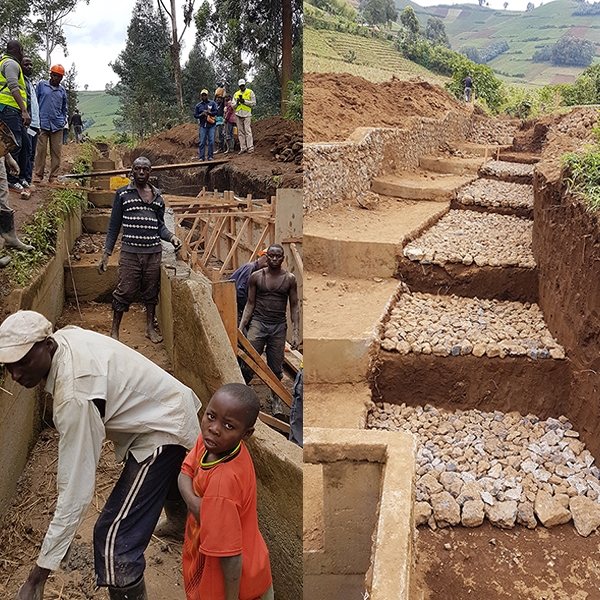
Main takeaways
Lesson one is that “it takes even more time than anticipated to define a practical approach and strategy when there are so many stakeholders involved, given that each of them has their own interests, ideas, and perceptions,” explains Herman. In hindsight, he concludes that the project is too complex. “In the future, it would be better to opt for more simplicity and clarity in advance.” However, his second most important lesson is that “if you invest time, effort and resources to improve the learning capacity of all the stakeholders involved in an integrated multi-expert and multi-cultural approach, you can achieve meaningful change even when working on complex projects.”
Open call to the Dutch water sector
“Let’s join forces!” says James. MDF can use NWP’s network “to reach out to the Dutch water sector to form more alliances like this one. We want to create effective and robust partnerships and work together on financially sustainable, inclusive business models that strive for meaningful social impact and contribute to more equitable societies. In doing so, we will be able to create even greater water impact abroad in regions where communities face water challenges every single day.”
Featured NWP members: Wageningen University, Alterra, Witteveen + Bos
